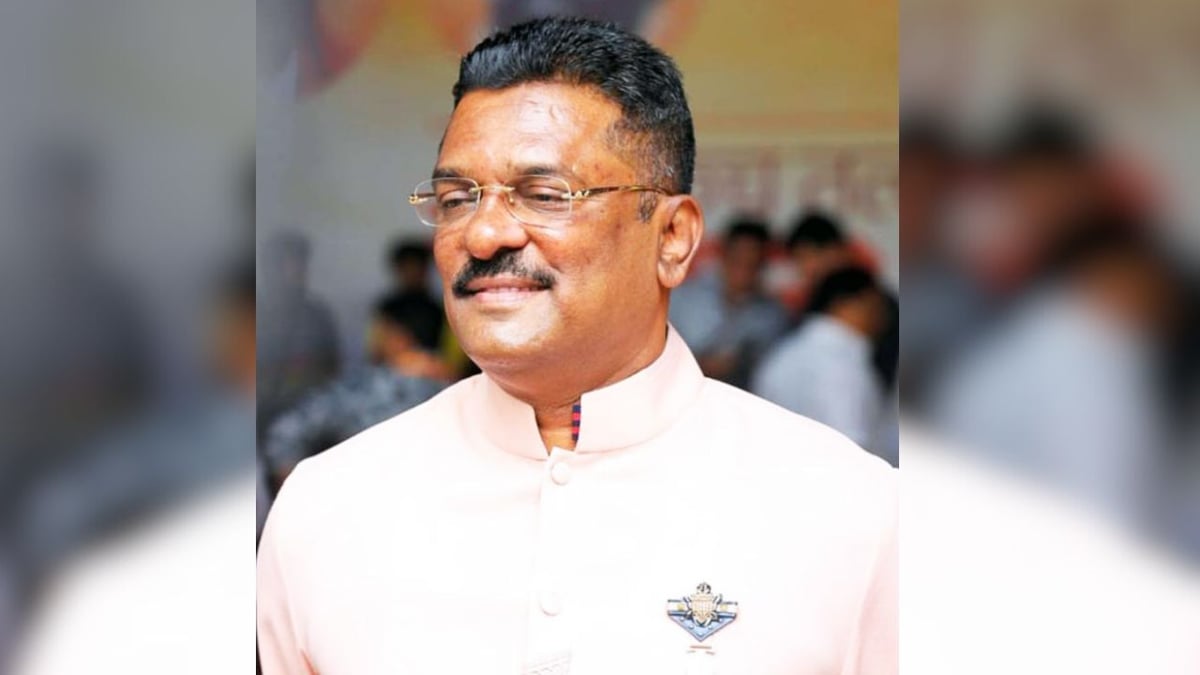To give a facelift and a unique identity to the public transport system, the Maharashtra State Road Transport Corporation (MSRTC) has decided to use colour codes for all bus depots across the state. This was revealed by state transport minister- Pratap Sarnaik during his visit to the ST bus depot in Bhayandar (west) on Saturday.
Taking cognisance of the FPJ report highlighting the pathetic condition prevailing at the rickety bus depot, Sarnaik inspected the facility along with Mira Bhayandar Municipal Corporation (MBMC) chief- Sanjay Katkar and managing director of MSRTC-Madhav Kusekar. Following an approval by the state cabinet last year, the MSRTC has embarked on a journey to redevelop bus depots on a Build-Operate-Transfer (BOT) basis envisaging lease-out of land parcels at the depots to private establishments for commercial purposes for a period of 60 years.
Earlier the lease period was limited to 30 years which was later revised to 60 years. Based on parameters including-revenue generation and existing facilities, the bus depots have been divided into three categories to chalk out their respective redevelopment plan and colour codes. “Some of the shortlisted colours will be tried on a pilot basis at some of the depots before finalizing the suitable colour codes.” said Sarnaik.
Staring at huge losses for the past several years, the MSRTC has to take financial assistance as grants from the state government to sustain expenses mainly to pay the salaries of the employees. “We are in the process of chalking out an elaborate roadmap to tap new sources of revenue generation for pulling out the MSRTC from losses and turn it into a profit-making venture while ensuring that facilities are enhanced and the fares remain pocket-friendly.” added Sarnaik.
Municipal Corporation Level RTO’s on Anvil.
To streamline operations and reduce the workload of the Regional Transport Offices (RTO), the state transport ministry has taken an important step of starting more offices and sub offices at the municipal corporation level. Currently RTO’s operate at the district level. “The vehicular population of the state is rapidly increasing, which has left the existing RTO’s overburdened. Introducing more such facilities at potential areas at the corporation level will decentralise the work.” said Sarnaik.
Apart from several sub-centres, there are around 55 RTO’s in the state whose functions include- registration of vehicles, issuance of driving licences, road tax collection, issuance of fitness certificates, ownership transfer, permit issuance and authorisation, enforcement of motor vehicle rules and implementation of pollution control measures.
